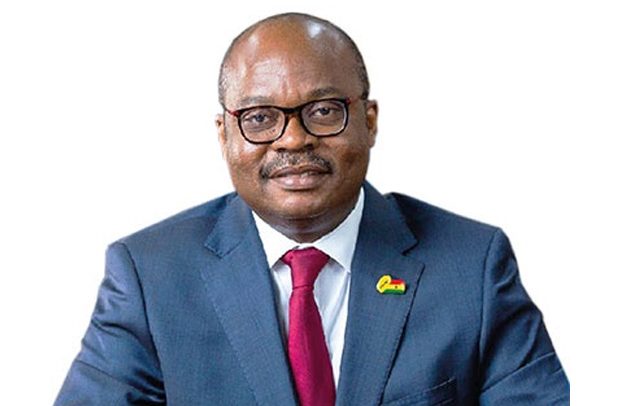Dr. Ernest Addison
Governor of the Bank of Ghana (BOG), Dr. Ernest Addison, has urged the International Monetary Fund (IMF) to adjust its lending toolkits to meet the issues that vulnerable member nations face as a result of the fragmented global financial architecture.
Speaking at a joint World Bank/IMF meeting in Marrakech, Morocco, on the topic “Making Public Debt Useful for Sustainable Growth in Africa,” he stated that African economies are facing acute debt challenges as a result of rising social and infrastructure needs, as well as spillovers from the Covid-19 pandemic, the Ukraine war, and climate-related disasters, among other things.
These challenges, he stated, have also resulted in increased debt service burden, complex creditor composition and heightened risks to debt sustainability.
That, according to him, has tightened the global financing conditions, and climate-related disasters with Public debt in sub-Saharan Africa (SSA) reaching levels last seen in the early 2000s.
He therefore “urged the IMF to remain steadfast and adapt its lending toolkits to changing global conditions to serve its 2 vulnerable members better given the fragmented global financial architecture.”
He also mentioned protracted high inflation which has also constricted the policy space, posing difficult policy trade-offs for many members in the region with a challenging environment culminating into another year of moderate pace of economic recovery.
Dr. Addison further requested for increased concessional financing by aligning PRGT access thresholds with those of the GRA to ensure uniformity of treatment, to relax the PRGT eligibility criteria to foster access to adequate Fund support while reducing, suspending, or eliminating surcharges for most vulnerable PRGT-eligible members facing acute debt challenges.
Other recommendations offered by the governor also include “Strengthening multilateral coordination and efficiency of regulatory framework for debt resolution in LICs, through a formidable Global Sovereign Debt Roundtable (GSDR).
“We also reaffirm the request for debt standstill during times of negotiations to offer immediate relief to debtors and restate our request for multilateral debt cancellation for the most vulnerable members facing acute debt challenges,” he added
He further recommended that the IMF deepens its tailored capacity development and surveillance support, in collaboration with other international partners, which is crucial to addressing member-specific bottlenecks for restoring public debt sustainability, bolster inclusive and sustainable economic growth and development in the region.
By Ebenezer K. Amponsah


